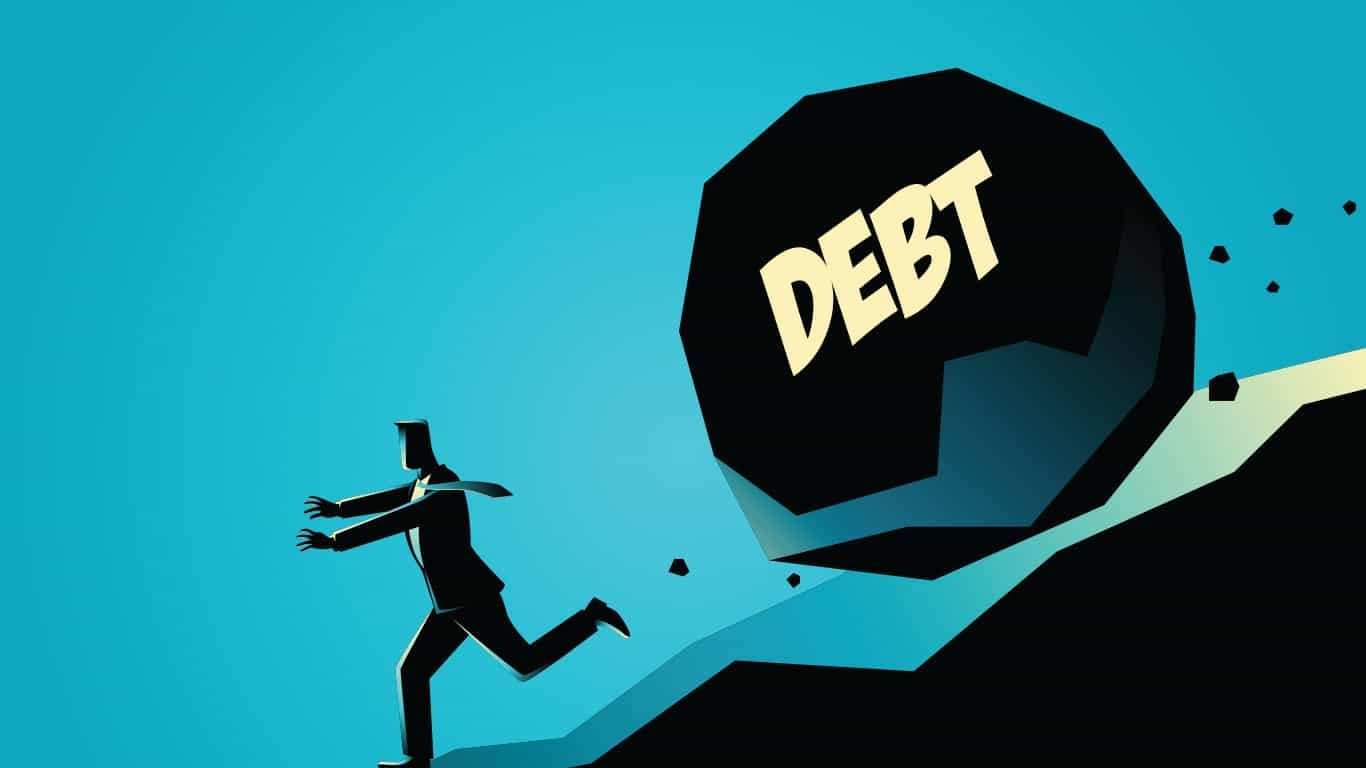Should Your Defer Payments When Dealing With Debt?
By Caitlin Wood, guest writer | Published on 04 Dec 2022

Large unexpected expenses or life-altering events like a job loss or a physical injury can often leave people in financial distress, especially if you don’t have an emergency fund to fall back on. This can be stressful as your bills, debts, and other financial obligations don’t stop and will have a negative impact on your finances if left unpaid. That’s where payment deferrals come in. Deferring certain payments can ease your financial burden and give you the time you need to get your finances back on track.
What Happens When You Defer Your Payment?
When your lender agrees to defer your payment, it basically means you’ve created an arrangement with your lender that allows you to cease payments for a specific amount of time. It is important to remember that these payments do not go away, they are simply being pushed back. After the specified amount of time has passed, you will resume your payments until you pay off your balance. However, your payments after the deferral period may be higher as many lenders will have interest accumulate on your balance during the deferral period. In some cases, depending on the lender, some may even require you to pay the monthly interest during the deferral period.
Will Deferring My Payment Affect My Credit Score?
A deferral is not considered a missed or late payment. It is an arrangement that is agreed upon with your lender. As such, deferring your payment should not affect your credit score as it will not be reported. However, mistakes do happen. Late and missed payments are automatically reported to the credit bureaus, so, if your lender does not properly adjust their system to indicate your non-payment as a deferral and not a missed or late payment, your credit score could take a hit.
We recommend you monitor your credit and get your deferral arrangement in writing. This will ensure you have the proof and power to dispute any negative marks on your credit file that relate to your payment deferral.
Payment Deferrals and Missing Payments
While payment deferrals are optimal during financial hardships, it is important to remember that not all lenders are willing to give them, especially to those who haven’t been diligent with their payments in the past. Let’s take a look at what happens when you miss your payments and how you can get a payment deferral.
Mortgages
When you miss one mortgage payment, you’ll likely be charged a late fee. However, with each additional missed payment, your lender will start to take more and more serious actions until foreclosure is necessary to recoup payment.
If you know you’ll be missing a payment it is important to contact your lender right away and make them aware of your situation. In most cases, your lender will be understanding and will try to come up with a payment plan that adjusts to your financial situation. The reason being, lenders want to be repaid without having to deal with foreclosures and other messy procedures.
How to get a deferred payment?
To request a payment deferral, you’ll have to call or make an in-person appointment with your lender as approvals are given on a case by case basis. You can also check your contract as there may be a “skip a payment” option available. Be sure to contact your mortgage lender to discuss the details as the fine print may include some fees.
Personal Loans
If you’re just a few days late, most lenders will just charge you a late fee. However, if you’re more than 30 days late, they will likely report your missed payment which will negatively affect your credit. If you continue to default on your personal loan payments, your lender may take legal action against you or sell your account to a collections agency which will greatly impact your ability to get new credit in the future.
It is in your best interest to notify your lender about any potential miss payments as most lenders will be willing to work with you. As mentioned, lenders want to be repaid without having to deal with messy legal processes.
How to get a deferred payment?
You can apply for a payment deferral by calling your lender or making an in-person appointment to discuss your financial situation and the conditions for the deferral. Depending on your situation, some lenders may offer lower payments or a lower interest rate instead.
Car Loan
Like with any other loan, when you miss a car loan payment you’ll first be charged with a late fee. If you continue to miss your payments, your lender will report you to the credit bureaus which will negatively affect your credit score. In extreme cases, they may repossess your car or send your account to collections in order to recoup their money.
How to get a deferred payment?
If you need to make any adjustments to your payment plan, including deferrals, you should always call your lender or make an in-person appointment to discuss your options. Most lenders are willing to make temporary adjustments to your payment plan if it means you’ll pay them back. You should also check your contract as some may have a “skip a payment” option.
Credit Cards
Typically, when you miss your credit card payments your interest rate will spike and you’ll likely be charged a late fee. After 30 days or more of non-payment, your lender will report it which will hurt your credit score. If you continue to miss payments, your lender may even sell your account to a debt collection agency.
How to get a deferred payment?
As mentioned, lenders and creditors are willing to accommodate you with an adjusted payment plan during financial hardships. However, it is essential that you call or make an in-person appointment to notify them of your situation. Being honest will show your lender that you are not running away and are committed to paying back your debt. In return, your lender will likely offer you temporary solutions to help you including payment deferrals.
Utility Bills
Defaulting on your utility bills can lead to a drop in credit score, penalty fees, and a cut in services. Some providers may even sell your account to debt collectors which will impact your credit score.
How to get a deferred payment?
Deferrals are given on a case by case basis, as such you have to call your provider and notify them of your situation. Depending on your financial situation, they may offer you a deferral or an installment plan that will make your payments more affordable.
Getting a Payment Deferral Amid COVID-19
Canada’s five major banks, as well as many other financial institutions, have implemented new measures to provide financial relief to those impacted by COVID-19. Lower payments, lower interests, and deferrals for different credit products are some of the main initiatives taken to ease the financial burden many Canadians are feeling. Of course, depending on who you are with, the financial relief available will differ, but here’s to name a few:
- Up to 6 months of payment deferrals on mortgages
- Up to 6 months of payment deferrals on personal loans
- Up to 3 months of minimum payment deferrals
- Lower credit card interest for 3 months
- Principal payment deferrals
To apply, you would usually have to call or make an in-person appointment, but due to the current circumstances and the overwhelming number of people affected by COVID-19, many banks have created an online application form to streamline the process. To find out what financial relief programs are available for you, please visit your financial provider’s website.
The Bottom Line
Everyone experiences financial hardship, however, there is no one-size-fits-all solution. While some can bounce back with a few months of payment deferrals, others may require a more extreme solution for financial relief, such as a debt management program, consumer proposal, or even bankruptcy. Speaking to a financial counsellor can help you assess your financial situation and choose a solution that will best fit your needs.
